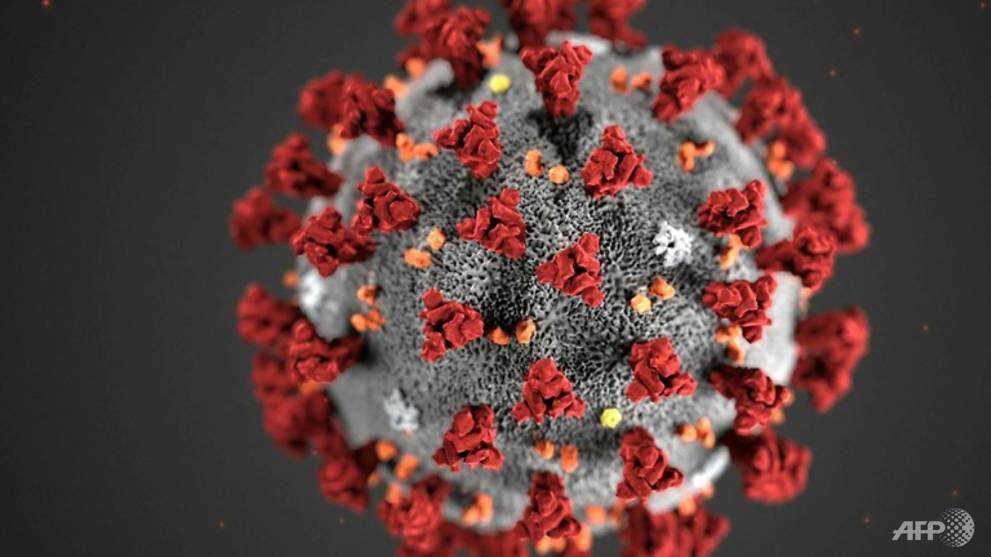The ‘novel coronavirus’ could get an official name in days: Report
05 February, 2020

It has spread to more than 20 countries and infected more than 24,000 people in mainland China alone.
But the novel coronavirus that has put the world on high alert is yet to be given an official name.
A group of scientists say they are making this a priority and are close to announcing a proper term for the fatal virus, the BBC reported on Wednesday (Feb 5).
The International Committee on Taxonomy of Viruses (ICTV) has been given the “urgent task” of formally deciding on an official name for the virus.
Senior scholar and assistant professor at the Johns Hopkins Center for Health Security, Crystal Watson said that the naming of a new virus is often delayed as the main focus is on the public health response.
However, there are reasons why naming the virus should be a priority.
Referring to the World Health Organization’s (WHO) temporary name for the virus, Dr Watson told the BBC that 2019-nCov was a difficult name to use, resulting in the media and public using different terms instead.
The novel coronavirus is a new strain of coronavirus that has not previously been identified in humans. The “n” in the term stands for novel while “CoV” refers to the coronavirus.
The 2019-nCov belongs to a larger family of viruses found in both animals and humans. Some of these viruses infect people and are known to cause illness ranging from the common cold to more severe respiratory diseases.
"The danger when you don't have an official name is that people start using terms like China Virus, and that can create a backlash against certain populations,” Dr Watson said, adding that social media helps unofficial names to take hold quickly.
WHO guidelines on naming new human infectious diseases stipulate that the name should not include geographic locations such as cities, countries, regions or continents.
The organisation cited Middle East Respiratory Syndrom (MERS), the Spanish flu and Japanese encephalitis as examples to be avoided.
Disease names should also avoid people’s names, species or classes of animals or food, terms that incite undue fear as well as cultural, population, industry or occupational references.
The guidelines also suggest that diseases names can include generic descriptive terms of symptoms, as well as specific descriptive terms such as age groups, time course, severity, seasonality and environment.
A professor of virology who sits on the ICTV study group that has been deciding on the new name told the BBC that the team began discussing the issue about two weeks ago. They are now submitting the name to a scientific journal for publication and hope to announce it within days.
Chair of Biological Sciences at Texas A&M University-Texarkana in the United States said that the new name has to “roll off the tongue” more easily that the other currently used terms.
Source:
TAG(s):
